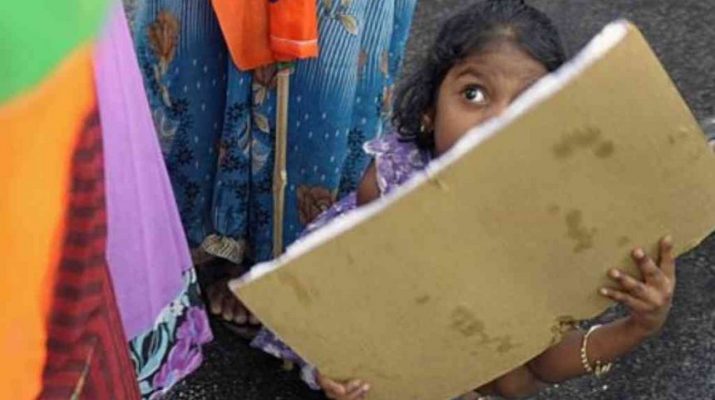A panel of doctors has accepted a 10-year-old rape victim’s plea for an abortion in the northern Indian state of Haryana. Dr Ashok Chauhan told the BBC the termination would be carried out “anytime now”.
The girl became pregnant about five months ago. She alleges rape by her stepfather, who has been arrested. Indian law does not allow terminations after 20 weeks unless doctors confirm the woman’s life is in danger.
The decision to allow the child to abort was taken after a local court told doctors at the Post-Graduate Institute of Medical Sciences in the town of Rohtak that it would accept their recommendation.
India is home to the largest number of sexually abused children globally. But there’s a general reluctance to talk about the problem and it’s rarely discussed in public.
Studies have shown that in large numbers of cases, like in the case of the 10-year-old rape victim in Rohtak, the abusers are known to the children and include care-givers like parents, relatives and teachers.
Campaigners say sexual abuse of children goes unchecked because the victims are often afraid to report it to their parents or teachers, and also because parents themselves often hush it up, fearing family dishonour.
But in recent years India has been waking up to the problem and on Tuesday, child rights charity World Vision India launched a new campaign to end child sexual abuse by 2021.
The campaign aims to impact five million children across 200 districts and calls on every Indian citizen to work to break the silence that surrounds child abuse.
Campaigners say India’s culture at present stands on the side of the offender, and that must change.
The tough law against abortion was introduced to fight India’s skewed gender ratio. A deep-seated cultural preference for sons has led to millions of female foetuses being aborted over the years by pregnant women after undergoing foetal gender testing.
In recent months India’s Supreme Court has received several petitions, some from women who were raped, wanting to terminate pregnancies after 20 weeks. The court has always referred the matter to medical experts.

